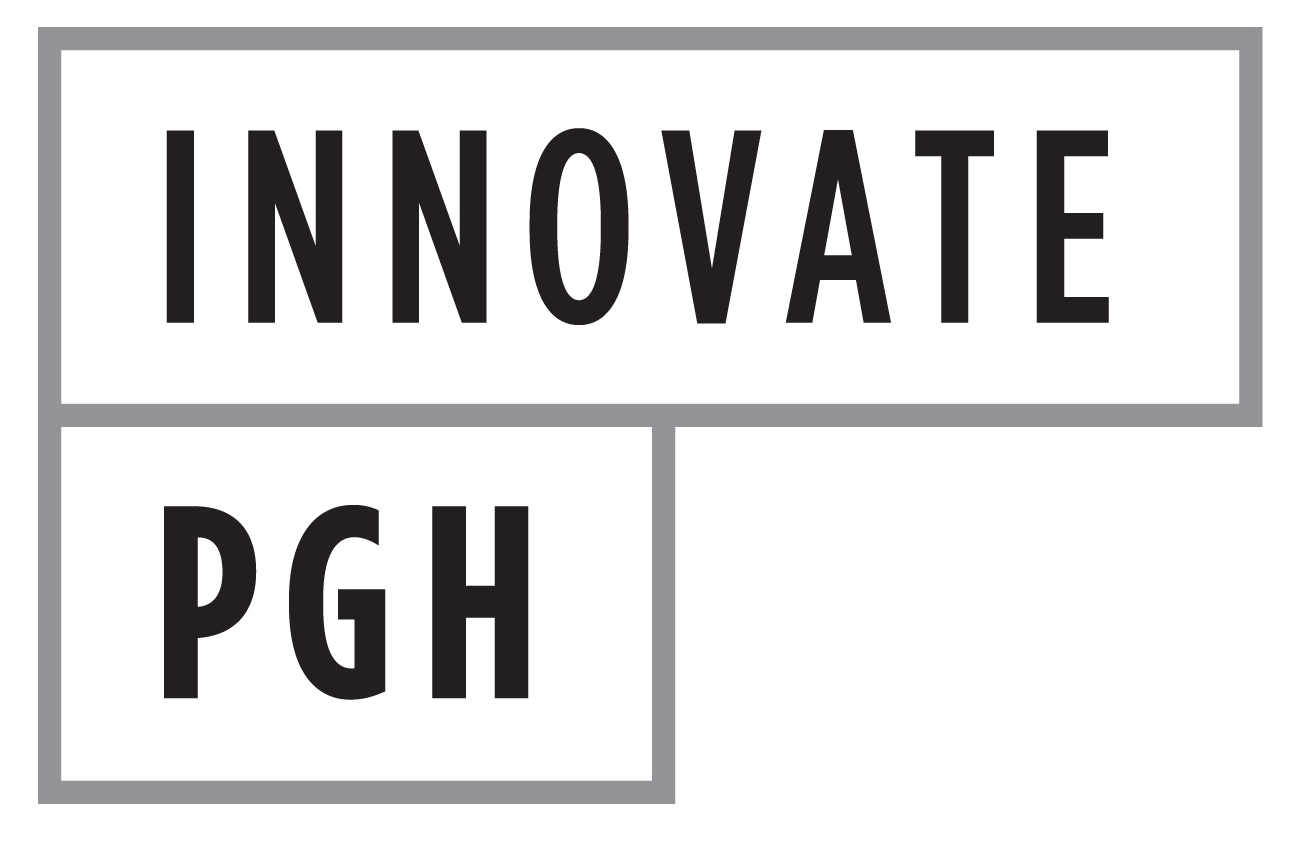A Tech-Forward Approach to Addressing Disparities in the Pandemic
Last week, the Jewish Healthcare Foundation hosted a virtual panel as part of their LiftoffPGH event series, Liftoff in Motion. Throughout the summer, leading up to the first annual LiftoffPGH event in December, the organization is hosting speakers and panels focused on innovations in healthcare and related technologies, highlighting local people and organizations doing incredible work here in Pittsburgh.
Before we dive into what was shared during the four presentations, an observation. The speakers that were selected for this event came from very different industries and presented data and observations that were specific to the unique work being done in their organizations. The narrative that was built over the course of the event, over the course of four speakers from four corners of the innovation industry, was one of critical importance: the pandemic has not created disparities, it has exacerbated them.
The event kicked off with author Vivian Lee, author of The Long Fix, a book about addressing inequities in the healthcare system. Lee gave the audience a summary of her findings from her investigations of healthcare systems across the country, and outlined ways in which she believes technological advances like AI can solve for problems of equity and inclusion in healthcare, if done right.
Her talk set the stage for Tiffany Gary-Webb, PhD, who is part of the Black COVID-19 Equity Coalition in Pittsburgh, which is comprised of doctors, researchers, epidemiologists, practitioners, grant makers, and government officials. This group has collected data that shows the harsh reality of the COVID-19 pandemic and its deathly inequities in communities of color, specifically black communities. Next, UPMC’s Dan Swayze gave an overview of what UPMC is seeing as a result of COVID, and what interventions they are putting in place to ensure that people are receiving the care and support they need. Finally, Geng Wang, founder of Civic Champs, talked about the ways in which his startup has pivoted to ensure that they are reacting to COVID in ways that address the inequities it exposes.
Kalyani Singh, InnovatePGH’s Inclusive Innovation Manager, attended the event. Relatively new to the team, Kalyani is taking an intentional approach to the work she is doing, by listening to experts in the field and developing a work plan around what she learns (read more about her work here!). I asked Kalyani how she felt called to action by this panel.
“This panel, for me, meant that we need to have deeper conversations with actors in this tech and innovation ecosystem about how they are working to impact this critical public health issue of racism,” she said. Kalyani went on to posit the question: “Dr. Gary-Webb's Black COVID-19 Equity Coalition is working across sectors--but is the tech sector involved enough?”
“I think back to what Vivian Lee said: if big data and AI companies are looking to serve marginalized populations, they need to make sure they are collecting data from the pop we need to serve…and build those technologies FOR those populations; and the technologies are only as useful as the way the community can engage with them.”
Kalyani reflected this on her own work, and the work of InnovatePGH’s industry partners by asking, “how is the resourced tech and innovation sector committed to addressing this public health issue by supporting social enterprises like Civic Champs or organizations like Neighborhood Resilience Project (where they are training Community Health Deputies to serve the most-hard hit communities)?”
In sum, a takeaway for Kalyani was this: where technology and innovation intersects with health and access to basic needs, we need more companies that work to serve the dire and critical purpose of creating more equity in our industries.
Make sure to sign up for upcoming events with Liftoff’s In Motion series here!

